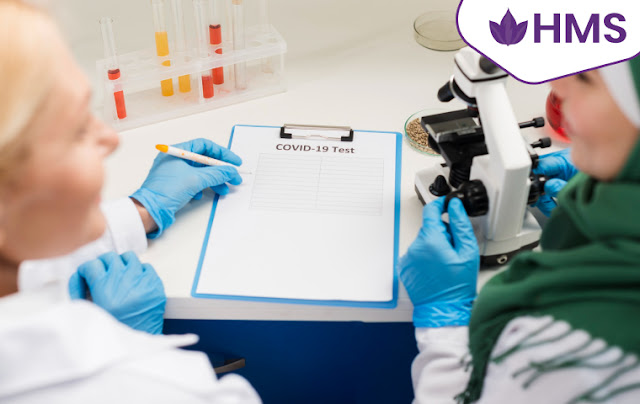- Get link
- X
- Other Apps
- Get link
- X
- Other Apps
How do billers bill for allergy testing?
Allergies can have a significant impact on a person's quality of life, and allergy testing is a crucial diagnostic tool for identifying and managing allergies. However, navigating the billing process for allergy testing can be confusing and overwhelming for patients and providers alike. In this blog post, we will explain how billers bill for allergy testing and provide tips for patients and providers to ensure a smooth billing process.
Understanding the Different Types of Allergy Testing
Before diving into the billing process, it's essential to understand the different types of allergy testing that are available. The two main types of allergy testing are skin tests and blood tests.
Skin tests involve applying a small amount of allergen to the skin and observing the reaction. The results are typically available within 15-20 minutes. Blood tests involve analyzing a blood sample for the presence of allergen-specific antibodies. Blood tests may take longer to produce results, but they are often more accurate than skin tests.
How Billers Bill for Allergy Testing
The billing process for allergy testing will vary depending on the healthcare provider and insurance plan. Typically, allergy testing is billed under the diagnostic code for allergies (ICD-10 code T78.4). The specific billing codes for allergy testing will depend on the type of test and the provider's location.
For skin tests, the billing codes are typically 95004 (percutaneous tests, sequential and incremental), 95024 (intradermal tests, sequential and incremental), or 95044 (patch or application tests). For blood tests, the billing codes are typically 86003 (allergen-specific IgE; quantitative), 86005 (allergen-specific IgE; semiquantitative or qualitative), or 86006 (allergen-specific IgE; multiple allergens simultaneous test (MAST) or multiple allergen screen (MAS)).
It's important to note that insurance coverage for allergy testing will vary depending on the plan. Some insurance plans may require prior authorization before covering allergy testing. Patients should check with their insurance provider to understand their coverage and any out-of-pocket costs they may incur.
Tips for Patients and Providers
To ensure a smooth billing process for allergy testing, patients and providers can follow these tips:
Check insurance coverage and obtain any necessary authorizations before scheduling allergy testing.
Confirm the billing codes with the healthcare provider to ensure accurate billing.
Keep track of any out-of-pocket expenses and request itemized billing statements from the provider.
Contact the insurance provider if there are any questions or issues with billing.
Final thoughts
Navigating the billing process for allergy testing can be challenging for patients and providers. However, by understanding how billers bill for allergy testing and following the tips outlined in this blog post, you can ensure a smooth billing process. As a healthcare provider, partnering with a reliable medical billing company can help streamline the billing process and ensure accurate and efficient billing. With the right resources and support, patients and providers can focus on managing allergies effectively and improving patient outcomes.

Comments
Post a Comment